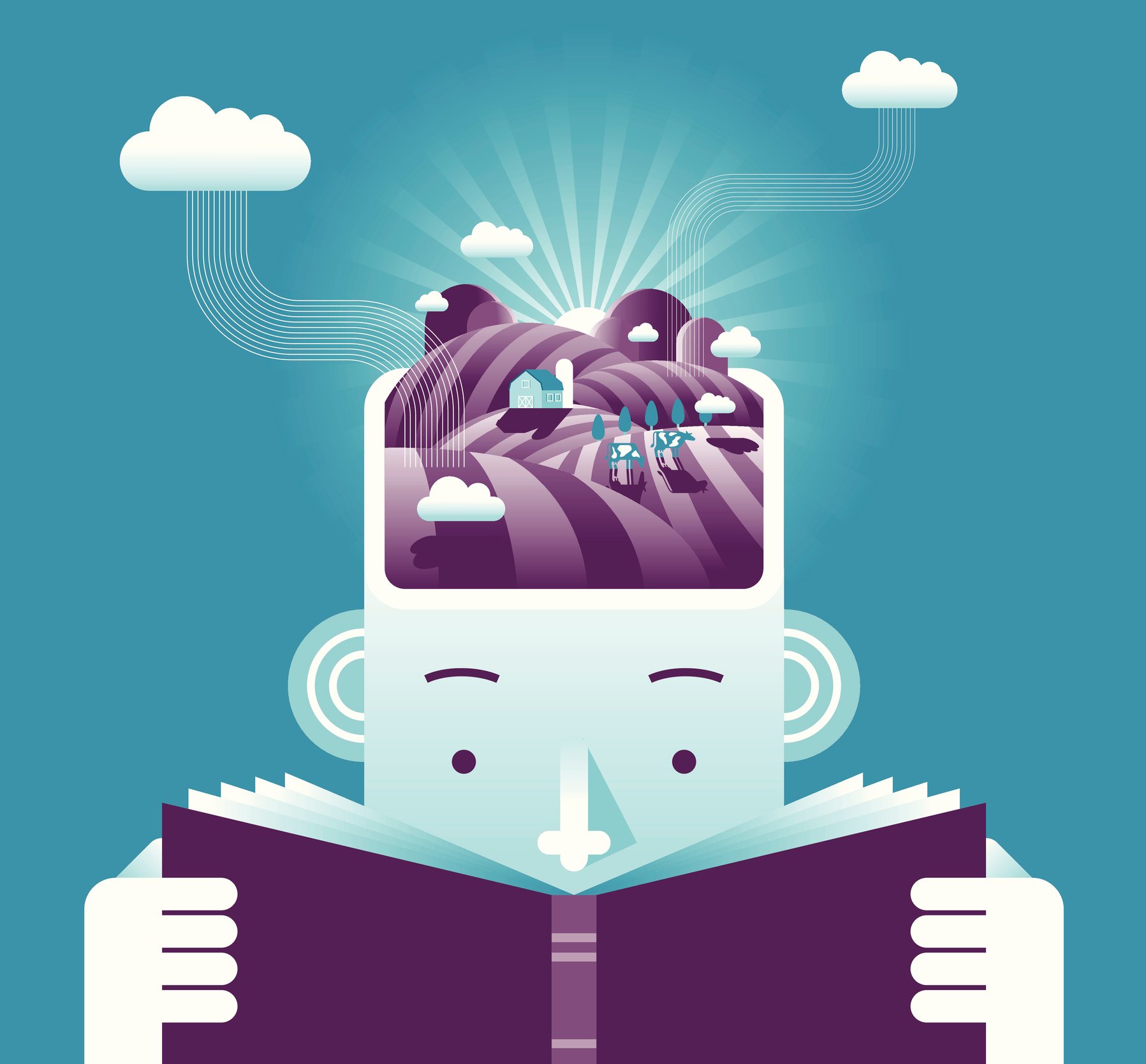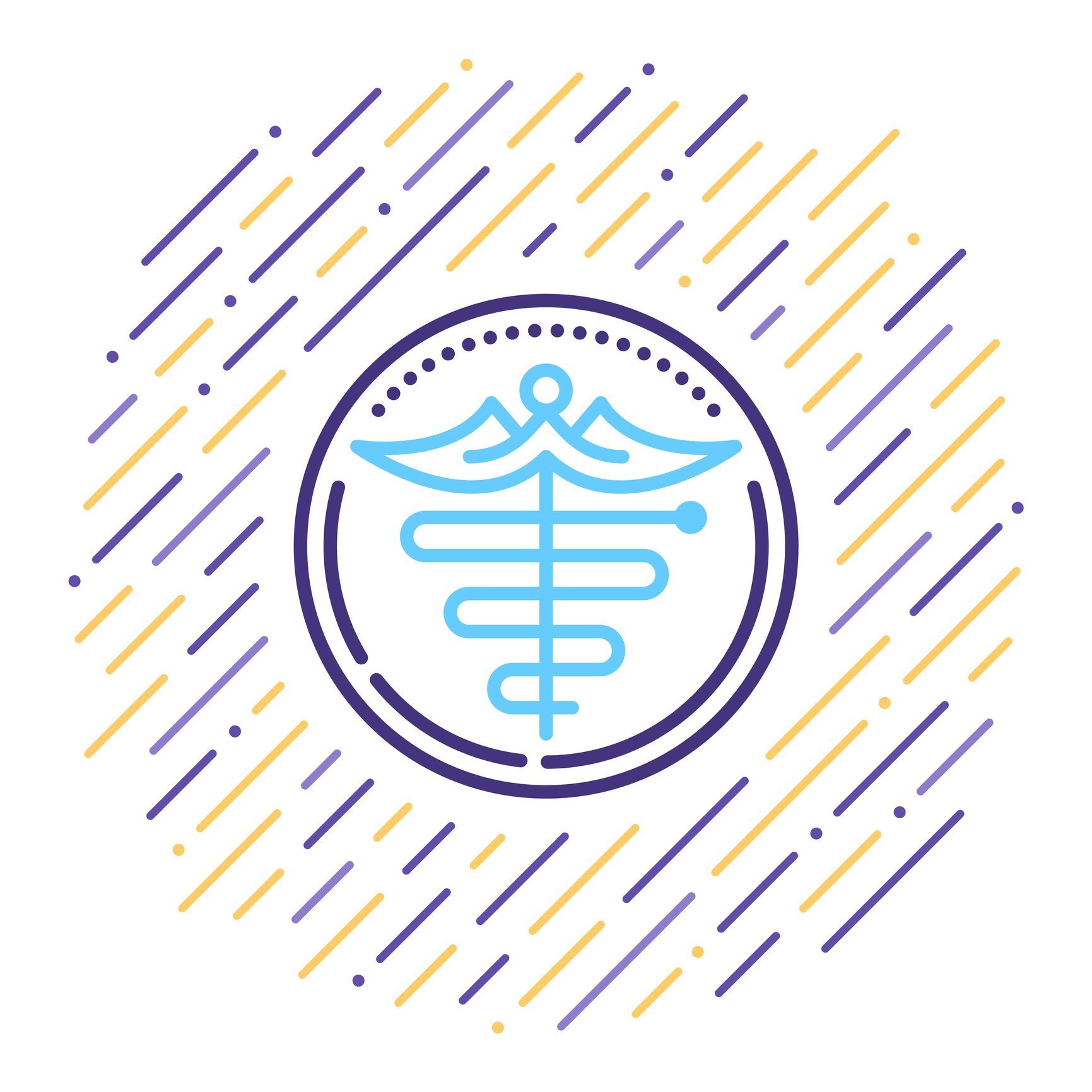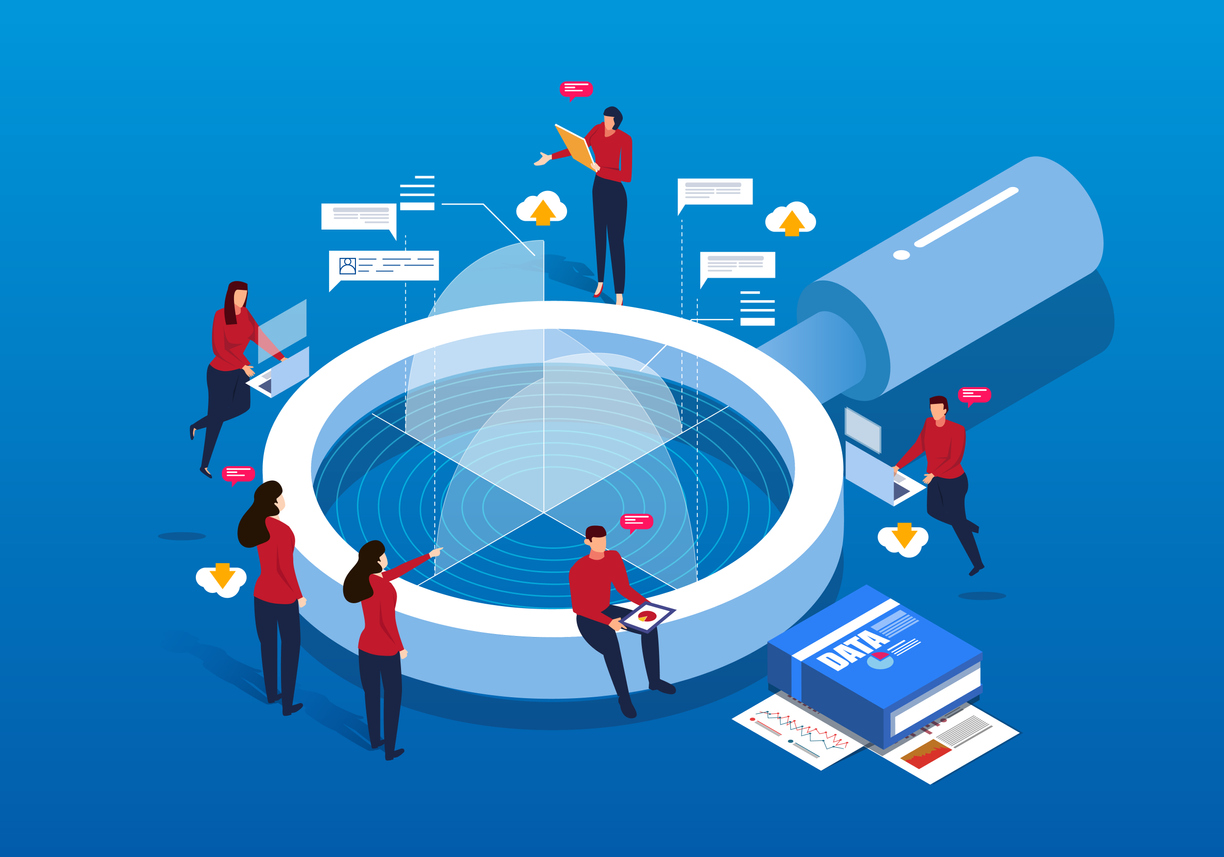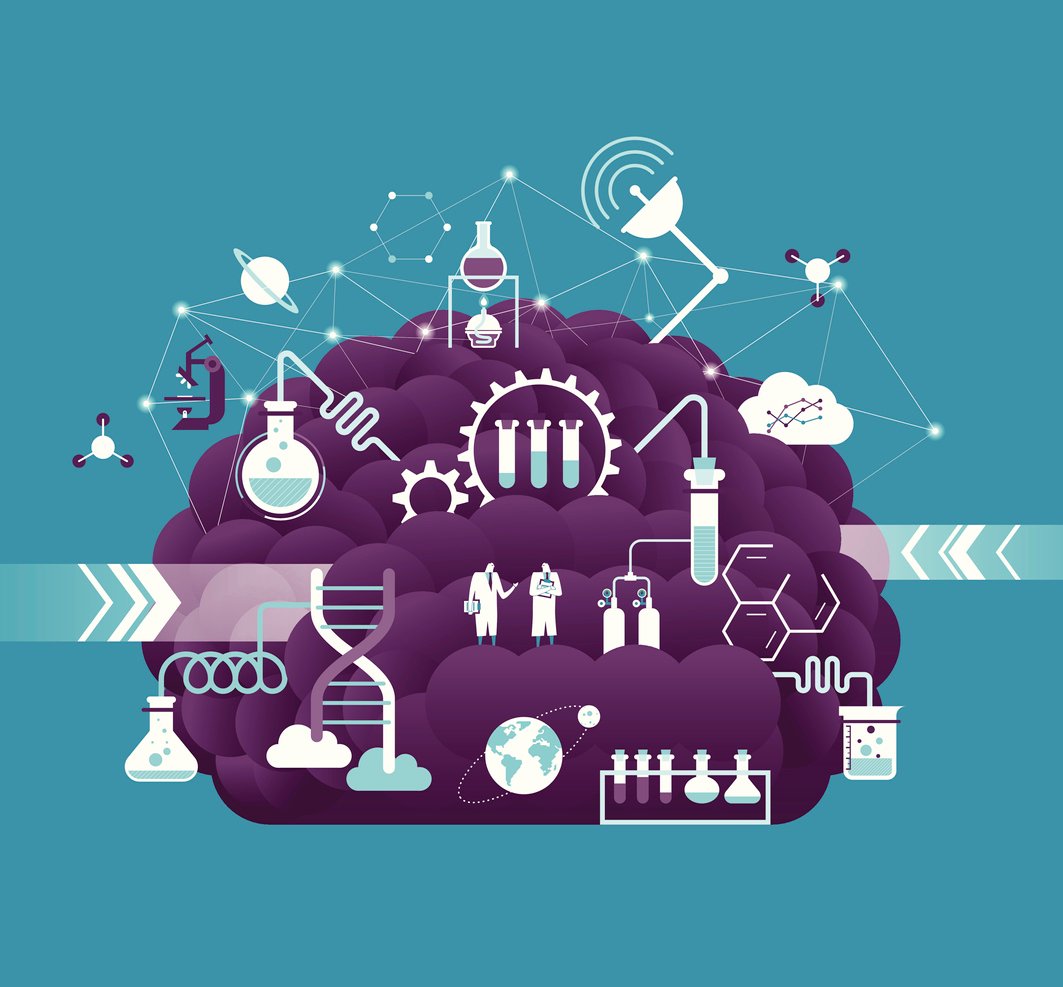Last summer, GNS Chief Commercial Officer and Co-Founder Iya Khalil wrote about the difficulty of watching her sister suffer through the devastating impact of migraine headaches. Researchers continue to seek therapies and treatments to help mitigate this widespread condition and recent discoveries hold out hope that progress is being made.
More than 39 million people in the U.S. and nearly a billion people worldwide suffer from migraines with about two percent of those being chronic cases. Even more impactful is that migraines are the third most prevalent and the sixth most debilitating...
National Chocolate Day: Ten Convincing Reasons You Should Eat More of the Stuff, The Telegraph, October 2016
No, Dark Chocolate Is Not a Health Food, Healthline, December 2018New Harvard study finds a glass of wine every day can have huge health benefits, Fox6 Milwaukee, December 2018No Amount of Alcohol Is Good for Your Health, Global Study Says, NPR, August 2018
Why do contradictory headlines like these continually pop up, highlighting the uncertain nature of scientific studies and raising confusion as to what is or isn’t good for us? Blame it on the relative ease and dependence on the...
The oft-told story is that it took Thomas Edison’s 10,000 attempts to perfect the invention of the light bulb. He is famously quoted as saying of his many prior unsuccessful efforts, “I have not failed. I’ve just found 10,000 ways that won’t work.”
There is an ongoing discussion as to whether the biopharma industry should adopt a similar attitude when it comes clinical trials. A recent article in BioCentury outlined the clinical trial tug-of-war between traditional frequentists and Bayesians who have been making their way into the arena, starting first in the medical devices field....
There's been a lot of conversation around value-based care (VBC) models, and payers, providers and biopharma – each have their own take on what VBC means to them. But lately there has been more conversation around patient-centered care and what that looks like through the lens of a value-based approach.
Value-based care – paying for outcomes as opposed to a fee for service or procedure – has been growing in recent years. A recent report found that the percentage of healthcare payments tied to value-based care reached 34 percent in 2017, up 23 percent from 2015, and affecting approximately 226...
In 1896, the marathon returned to popularity as a competition in the Summer Olympic Games in Athens. The Olympic Games turned out to be inspiring to visiting Boston officials who returned home ready to challenge the locals and establish what would become one of the world’s top marathons.[1] Next Monday, April 15th, 30,000 runners will hit the road in what will be the 123rd Boston Marathon.
Across the Charles River and throughout the U.S. another race is being run, the race to bring artificial intelligence (AI) to the world of healthcare. So what does a long running (pun intended) marathon...
Much research and analysis in healthcare is based on testing preconceived hypotheses – looking to answer a narrow set of questions in the form of a hypothesis. Traditional statistical analyses begin with an explicit hypothesis – a specific statement of how variables interact to explain an observation or phenomenon – which is then statistically tested to confirm whether or not the data supports that position.
Artificial Intelligence (AI) is increasingly being used to carry out this type of healthcare testing from drug discovery to targeted interventions at the point of care. We have seen the...
Tomorrow, March 8th, is International Women’s Day. While a public holiday in just a few countries, it is a day to celebrate the success and power of women from gaining suffrage to working their way into the board room. As such, we wanted to recognize some of the women in healthcare (and take it from us we could have featured hundreds if we had the room) who are leaders in their fields and driving innovation within their respective organizations, and healthcare as a whole.
This is the third in a three-part series on the impact of AI on the product development life cycle of drugs from discovery, to clinical trials and market access.
Regulatory approval of a drug does not immediately translate into premier market access or projected results. The reality is that the pressure on pharma companies from health plans and pharmacy benefit managers (PBMs) to provide evidence-based research on treatment efficacy and effectiveness before including drugs on their formularies is only increasing.
The earlier pharma companies can answer these asks, the better. The goal is...
The following is the second in a three-part series on the impact of AI on the product development life cycle of drugs from discovery, to clinical trials and market access.
The success of clinical trials relies heavily on having enough of the right patients willing and able to participate. Unfortunately, achieving the levels of recruitment necessary to conduct successful trials is difficult – particularly in cancer and rare diseases trials.
One recent survey revealed that only one in three cancer patients were likely to enroll in a clinical trial. Less than half of those surveyed viewed...
The following is the first in a three-part series on the impact of AI on the product development life cycle of drugs from discovery, to clinical trials and market access.
Biopharma companies and government funded research projects have produced stellar results over the years: from lifesaving drugs and to life improving therapies that benefit millions of patients. But these discoveries often come at a substantial financial cost and take many years to bring to market. In fact, the cost of bringing one drug from discovery to approval is currently estimated at between $1.8 and $3.0 billion.[1]











